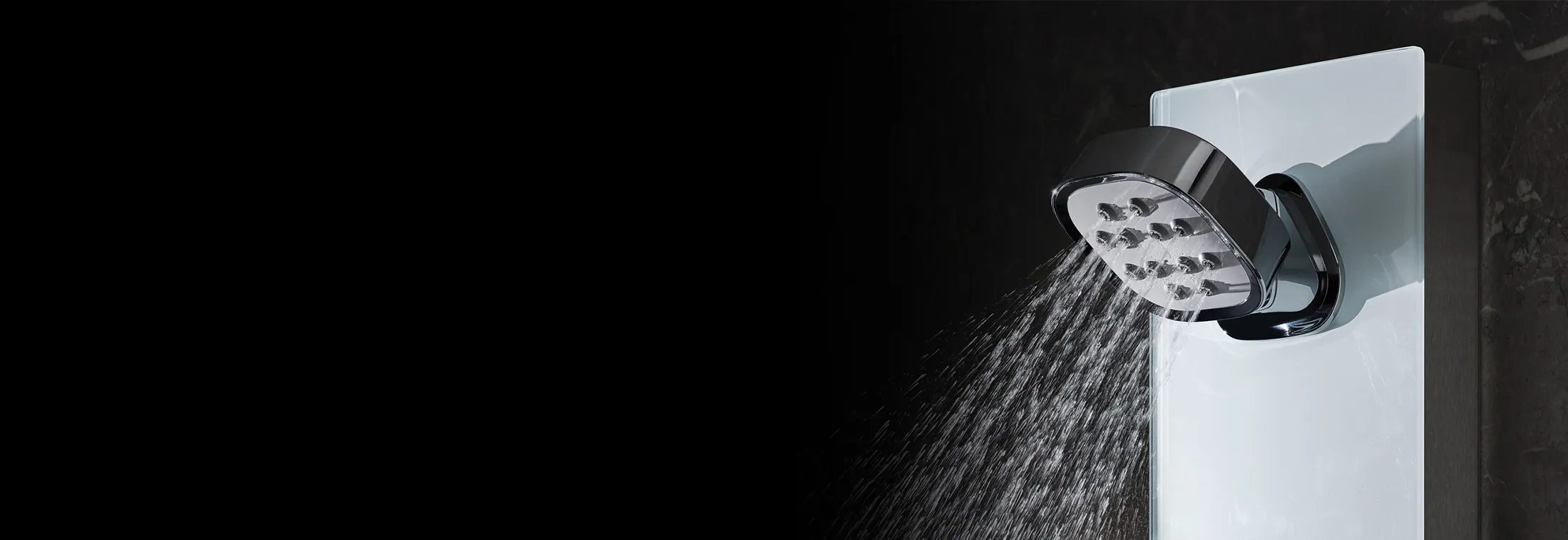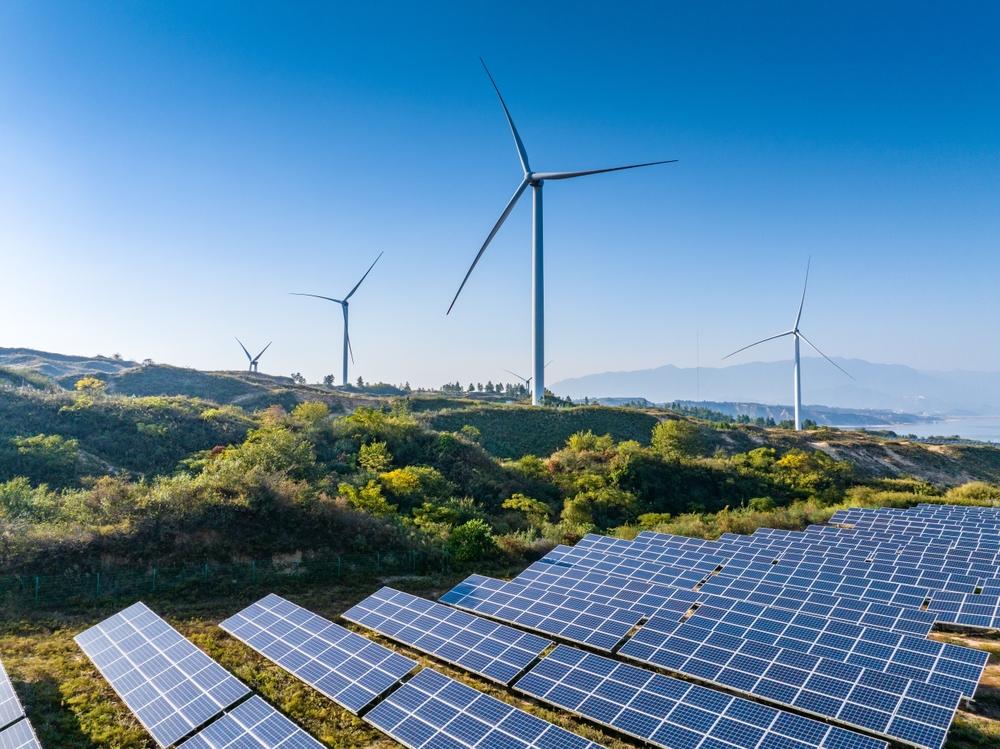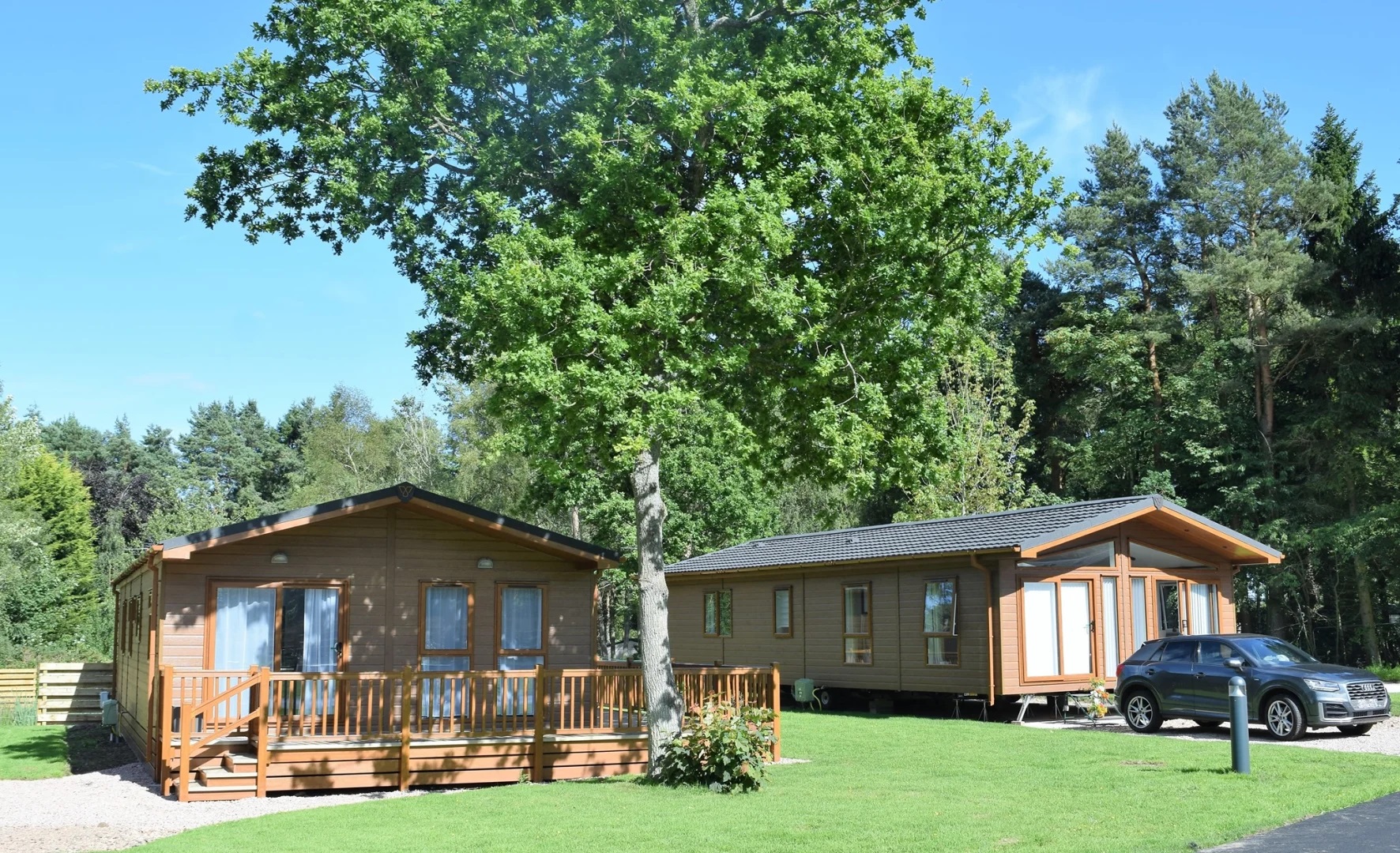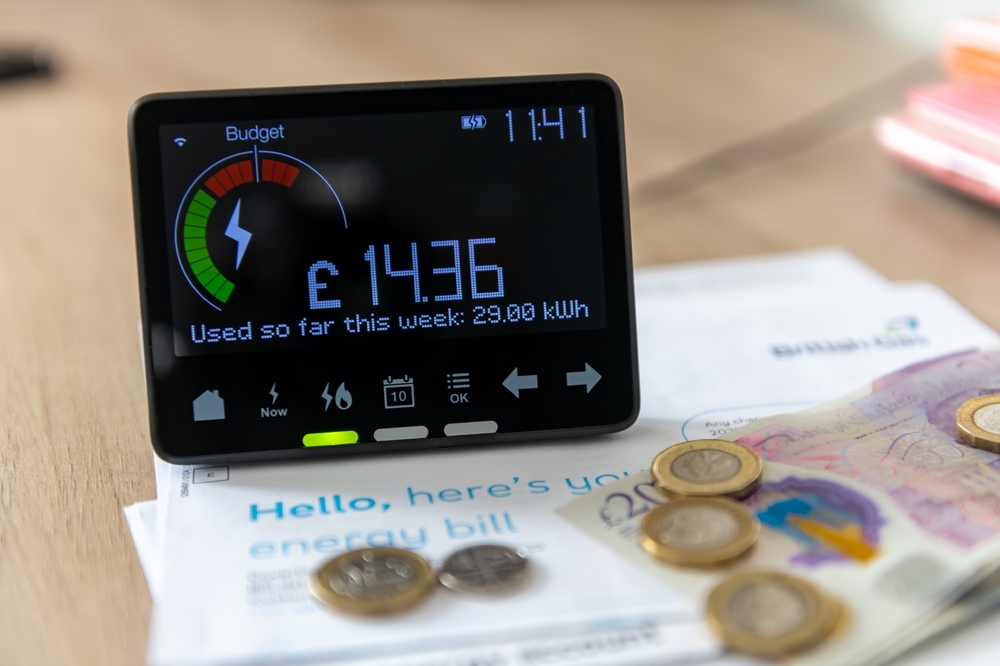
Technology
The Importance of Low-Carbon Showers
With global climate challenges intensifying, meeting sustainability targets with low-carbon, water- and energy-efficient solutions has never been more important.
Climate Change and Water Scarcity: The Urgent Need for Low-Carbon, Sustainable Solutions
Water scarcity is rising as population and demand grow, making it essential to adopt innovative, low-carbon solutions that reduce water and energy use while cutting greenhouse gas emissions.
According to the Energy Saving Trust, personal washing, showering and bathing account for around 33% of household water use, and heating this water is the second-largest energy consumer after space heating. Energy for showers alone represents 26.6% of household energy, a figure likely to rise as homes become more energy-efficient through insulation and other improvements.
Figure 1.0: In the average UK household, hot water use accounts for 36% of total energy consumption, with the majority of this demand driven by showering.
Figure 2.0: Showering accounts for around 18% of household energy use. As homes become better insulated, this proportion is expected to rise, emphasising the need for low-carbon, water- and energy-efficient showers.
Rising Fuel Costs
Affordability is a very real issue.
Since water services were privatised in 1989, household water bills have risen 40% above inflation, peaking in 2014/15. Today, the average water and sewerage bill is around £397 per year. Energy costs have more than tripled over the last 20 years, with a typical household bill now £1,849 annually.
UK households spend roughly 5-10% of their income on water and energy, with the figure higher in low-income areas. Around 6.6 million households (nearly 1 in 4) live in fuel poverty, highlighting the urgent need for water and energy-efficient solutions, such as low-carbon, high-efficiency showers, to reduce bills and support sustainable living.

As water scarcity intensifies alongside growing population and demand, it is increasingly vital to adopt practical, innovative solutions that reduce water and energy use, lower carbon emissions, and support sustainable living for the future of our planet.
Carbon Emissions
Showering is generally more environmentally friendly than bathing, but a shower’s carbon footprint depends on several factors, including duration, flow rate, and how the water is heated.
Gas heating produces significantly lower CO₂ emissions than electricity from the grid, largely due to energy losses during electricity generation. However, as more electricity is generated from renewable sources such as wind and hydro, the carbon impact of electric showers will continue to fall.
Water treatment and pumping also consume significant energy, so showers that use less water reduce overall carbon emissions. Electric showers heat only the water needed, minimising waste, though they often have lower flow rates and weaker performance compared to conventional mixer showers.
By installing water- and energy-efficient solutions such as Kelda’s low-carbon, high-efficiency Air-Powered™ showers, households can cut carbon emissions, lower bills, and enjoy a powerful, invigorating showering experience while supporting sustainable, eco-friendly homes.

Learn how Kelda’s innovative water- and energy-saving showers can reduce carbon emissions and lower running costs. Speak to our experts today
Related Links

Kelda Showers are recognised within Appendix Q of the governments SAP and RdSAP
Find Out More
Patented eco- friendly Air-Powered Technology: How it works
Find Out More



